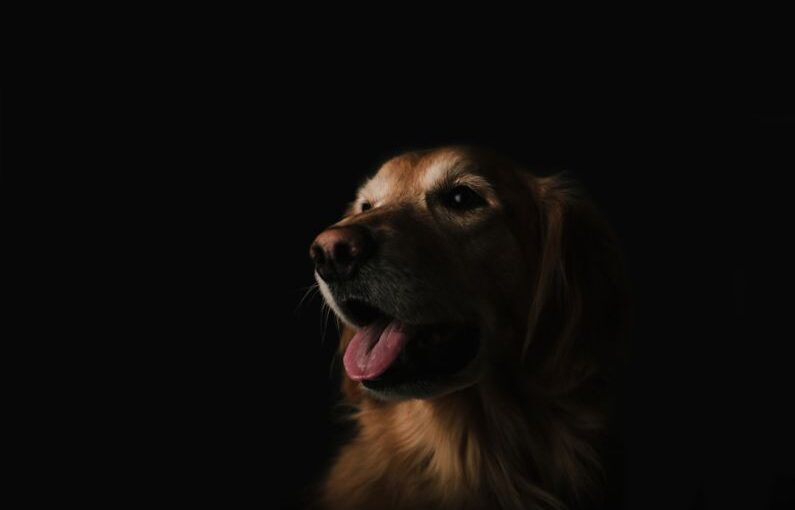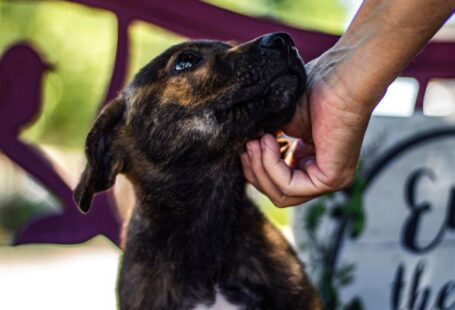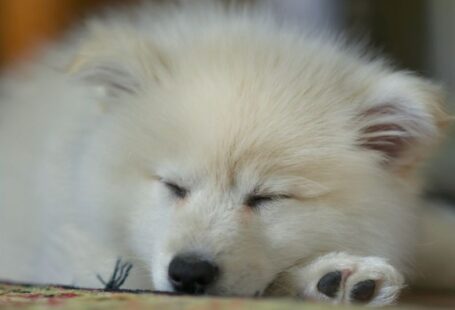Dogs have been our faithful companions for thousands of years, but their journey from wild wolves to beloved pets is a fascinating tale of evolution. Through a combination of natural selection, human intervention, and environmental factors, domestic dogs have transformed into the diverse and unique breeds we know today. Let’s explore the remarkable evolution of the domestic dog and how they have adapted to live alongside humans.
Origins of the Domestic Dog
The domestic dog, Canis lupus familiaris, is believed to have descended from the grey wolf, Canis lupus, over 15,000 years ago. This transformation occurred as wolves began to scavenge around human settlements for food scraps, gradually becoming more comfortable in the presence of humans. Over time, these wolves evolved into the earliest domestic dogs through a process of self-domestication.
The process of self-domestication involved wolves with friendlier temperaments and less aggressive behaviors being more successful at obtaining food from humans. This led to a gradual genetic shift towards traits that made them more suitable for living alongside humans, such as increased sociability and reduced fear of people. These early dogs played a crucial role in human society, serving as hunting partners, guardians, and companions.
Selective Breeding and the Development of Breeds
As humans began to selectively breed dogs for specific traits and purposes, the domestic dog population diversified into the hundreds of distinct breeds we see today. Selective breeding allowed humans to manipulate the genetic traits of dogs, creating breeds with specialized skills for tasks such as herding, hunting, guarding, and companionship.
The development of dog breeds accelerated in the 19th century with the establishment of kennel clubs and the standardization of breed standards. This led to the creation of pedigrees and the formal recognition of specific breed characteristics. Today, there are over 340 recognized dog breeds, each with its own unique physical and behavioral traits.
Adaptations to Human Environments
Through thousands of years of coevolution with humans, domestic dogs have developed a remarkable ability to adapt to a wide range of environments and lifestyles. From the Arctic tundra to the deserts of the Middle East, dogs have accompanied humans to every corner of the globe, showcasing their versatility and adaptability.
One of the key adaptations of domestic dogs is their ability to communicate and form strong bonds with humans. Dogs have evolved to understand human gestures, expressions, and vocalizations, making them highly attuned to human emotions and intentions. This bond between humans and dogs has been essential to their success as a species and has cemented their status as “man’s best friend.”
The Future of the Domestic Dog
As we look towards the future, the evolution of the domestic dog continues to be shaped by human influence. Advances in genetic research and technology have opened up new possibilities for understanding the genetic basis of traits in dogs and the potential for targeted breeding practices.
However, as we strive to improve the health and welfare of dogs through selective breeding, it is essential to consider the ethical implications of our actions. Breeding for extreme physical traits or behaviors can lead to health problems and welfare issues in certain breeds. It is essential to prioritize the well-being of dogs and promote responsible breeding practices to ensure the continued success and diversity of the domestic dog population.
In conclusion, the evolution of the domestic dog is a testament to the enduring bond between humans and animals. From their humble beginnings as scavenging wolves to the diverse array of breeds we know today, dogs have adapted and thrived alongside humans. By understanding and appreciating the evolutionary journey of the domestic dog, we can continue to nurture and protect these beloved companions for generations to come.





